The problem is how your converting the date, when you're doing the conversion to date using the date formatter
// Parse the input time string into a Date object
guard let date = dateFormatter.date(from: timeString) else {
return "" // Return nil if the input format is invalid
}
It is producing the following date 2000-01-01 10:00:00 +0000.
Upon looking on a time zone converter website the result produced below shows that the conversion being done on your current code is correct.

The conversion shown below using current date indicates a difference of 3 hours, which is also the difference you expected your code to produce. This difference is explained by JeremyP in the comments:
In July, Israel is in daylight savings time. In January it is not. In
January of any year including 2000, Israel is two hours ahead of GMT.
In July it is three hours ahead.

A possible solution is to create the date using DateComponents:
func convertToGMT(timeString: String) -> String {
var dateComponents = Calendar.current.dateComponents(
in: TimeZone.current,
from: Date()
)
let dateParts = timeString.split(separator: ":")
dateComponents.hour = Int(dateParts[0]) // TODO: validate existance on array
dateComponents.minute = Int(dateParts[1]) // TODO: validate existance on array
// Parse the input time string into a Date object
guard let date = Calendar.current.date(from: dateComponents) else {
return "" // Return nil if the input format is invalid
}
let dateFormatter = DateFormatter()
dateFormatter.dateFormat = "HH:mm"
// Convert the date to GMT (UTC) time zone
dateFormatter.timeZone = TimeZone(abbreviation: "GMT")
let gmtTimeString = dateFormatter.string(from: date)
return gmtTimeString
}

